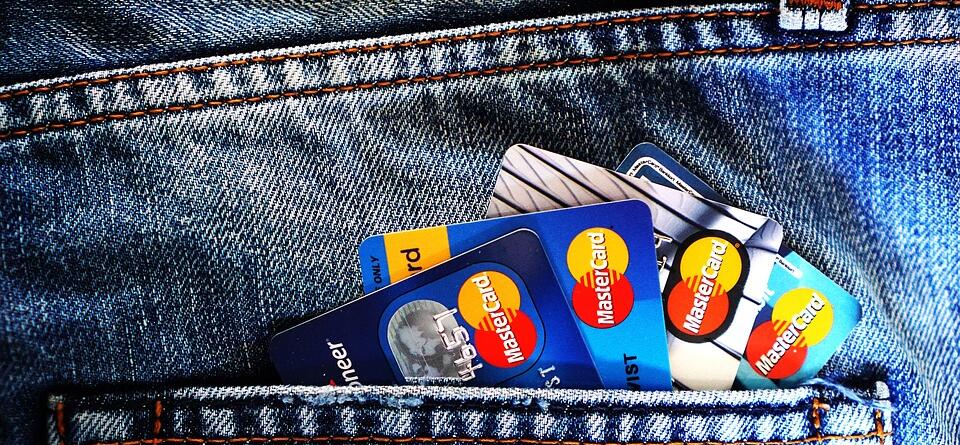Navigating the Maze: How to Protect Yourself from Credit Fraud
AKiATECH2024-07-16T12:58:36-04:00
In the digital age, the threat of credit fraud looms large over consumers, growing more sophisticated with each passing day. As financial transactions move increasingly online, the opportunities for fraudsters to exploit vulnerabilities in personal and financial data have multiplied. This comprehensive guide is designed to arm you with the latest knowledge and tools to safeguard your credit effectively and proactively in our current landscape.
Understanding Credit Fraud
Credit fraud involves the unauthorized use of someone else’s credit information to commit various forms of theft, including making unauthorized purchases or transactions, opening new accounts, and obtaining loans under false pretenses. The consequences for victims can be devastating, ranging from financial loss to long-lasting damage to credit scores, and in some cases, unwarranted legal trouble.The Evolving Threat Landscape
With advances in technology, fraudsters have become more ingenious in their methods, constantly devising new ways to sidestep security measures. Phishing scams, where victims are tricked into giving away personal information via bogus websites or emails, have grown more sophisticated. Social engineering tactics have also become more refined, exploiting the human element to glean sensitive data.Early Detection: Your First Line of Defense
Being proactive is key. Regularly checking your credit reports and bank statements can help you spot unauthorized transactions or unfamiliar accounts early on. Many credit monitoring services now offer real-time alerts on suspicious activities, enabling consumers to react swiftly to potential fraud.How to Protect Yourself
Protecting yourself from credit fraud requires diligent attention and a proactive approach to managing your personal and financial information securely. Privacy Practices Adopting robust privacy practices is crucial. This includes regularly updating passwords and utilizing two-factor authentication wherever possible. Be wary of sharing sensitive information, especially on social media, and ensure your home Wi-Fi network is securely encrypted.Credit Monitoring and Alerts
Enlisting in a credit monitoring service can serve as a watchtower, offering an additional layer of protection. These services, some of which are free, monitor your credit file for any unusual activities and promptly alert you, giving you the chance to take immediate action if necessary.Secure Your Devices
In an era where smartphones and laptops are extensions of our financial identities, securing these devices against malware and hackers is paramount. Ensure that your devices are always updated with the latest security patches and consider using a reputable security suite to fend off potential threats.Taking Action: What to Do If You’re a Victim
Despite all precautions, should you fall victim to credit card fraud, it’s crucial to act immediately to minimize the impact on your financial health.Report and Freeze
The first step is to contact your bank or credit card issuer to report the fraudulent activity. Most institutions are well-prepared to handle such reports and can offer immediate assistance. Following that, consider placing a freeze on your credit with all three major credit bureaus (Equifax, Experian, and TransUnion) to prevent further misuse of your credit information.Engage with Authorities
Filing a report with the Federal Trade Commission (FTC) through their IdentityTheft.gov website is a critical step. This not only contributes to efforts against credit fraud but also provides you with an official report that can be used to clear your name with creditors. In instances where theft is involved, reporting to your local police department is advisable.Vigilance in Recovery
The road to recovering from credit fraud can be long, requiring ongoing vigilance as you work to restore your credit and safeguard against future threats. Regularly review your credit reports, stay alert to new scams, and consider using tools and services that enhance your defenses against identity theft.Conclusion
The landscape of credit fraud is ever-evolving, demanding constant vigilance from consumers. By understanding the nature of credit fraud, employing robust defenses, and knowing how to respond effectively if victimized, you can significantly mitigate the risk and impact of these crimes. The onus is on individuals to navigate this complex terrain by staying informed, adopting stringent security measures, and acting swiftly in the face of potential threats. With the right strategies in place, navigating the maze of credit fraud becomes a manageable task, enabling you to protect your financial well-being in a digitally driven world.Discover more from Akiatech Solutions Blog
Subscribe to get the latest posts sent to your email.
